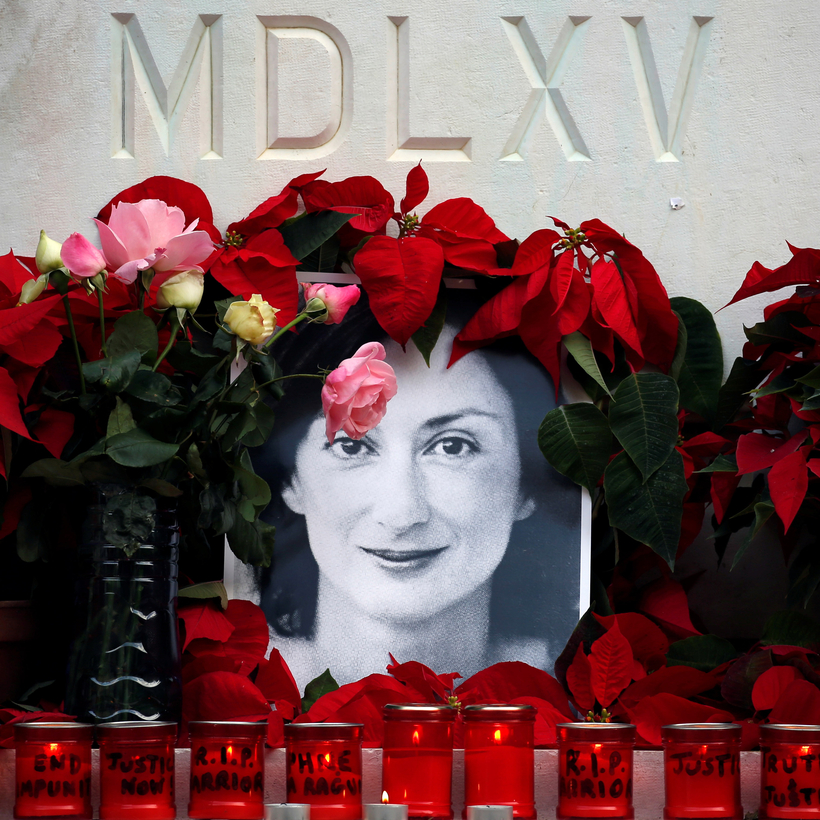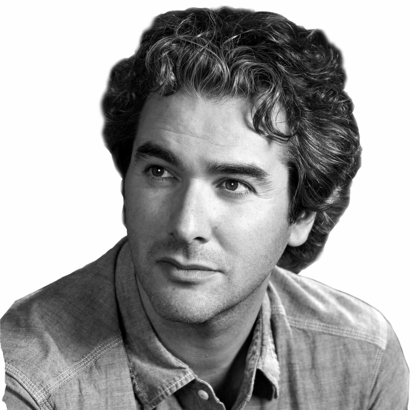Perhaps the most remarkable thing about the prime minister of Malta announcing his resignation on December 1, amid a tsunami of corruption allegations, was that so many people cared. The world’s 10th-smallest country, with a population of just under half a million people, Malta is a barren archipelago in the middle of the Mediterranean Sea. If it’s known at all, it’s for being a tax haven. But with executive abuses of power, authoritarianism, and cronyism breaking out in democracies across the world, Malta is a case study in the persistence needed to topple a crooked government in this, our golden age of political sleaze.
To the casual observer, Malta’s last decade had been a success story. It rode out the European financial crisis in admirable fashion, and when Joseph Muscat, the son of a fireworks magnate, was elected prime minister, in 2013, he officially recognized same-sex unions, lowered unemployment, and oversaw unprecedented economic growth. But not everyone agreed with this rosy picture. Chief among the naysayers was the investigative reporter Daphne Caruana Galizia, author of the hugely popular one-woman blog Running Commentary.


